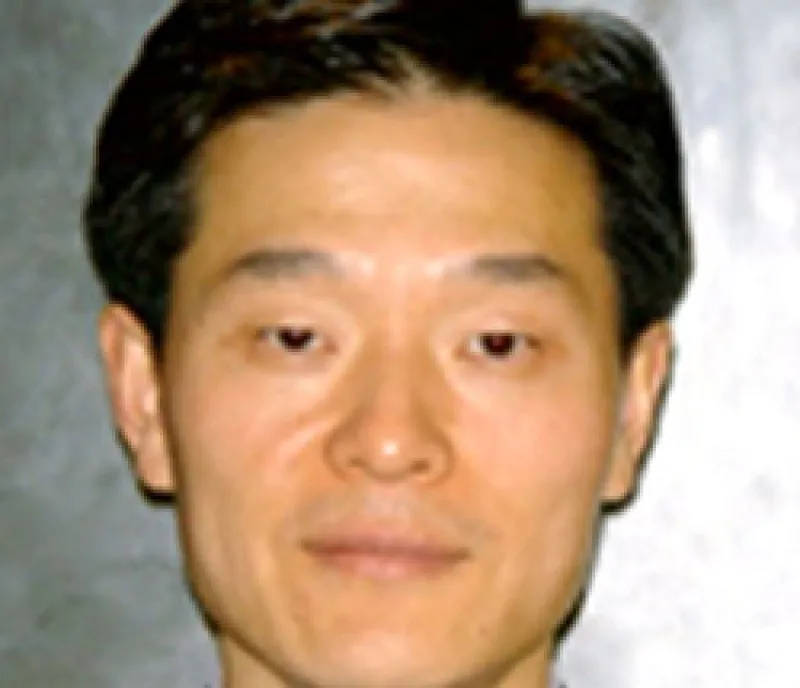Bill Hwang’s astounding comeback has put his Tiger Asia hedge fund right around break even for the year after generating a 10.9 percent return in August, according to a knowledgeable source.
The Tiger Cub was down close to 30 percent back in the spring. But since then he has mounted a spectacular comeback during the four consecutive months of global market chaos since May.
The Korean native is said to have remained heavily short throughout the period. Hwang has been making big bucks shorting selected Chinese stocks. Although it is not clear which specific stocks he has shorted, many of those that are traded in the U.S. are down 40 percent to 90 percent from their highs, especially recent IPOs of Chinese companies.
During this period, he has lifted his total assets under management to more than $1.3 billion. However, this is still down from the $8 billion he managed several years ago.
Hwang started his comeback in May when he was up 12 percent, followed by a 9 percent profit in June.
Hwang, a son of a Korean pastor, launched Tiger Asia in January 2001 with $16 million of Julian Robertson’s and his own money after serving as Robertson’s Korea and Asia expert for several years.
Since August 2008, the one-time hotshot manager had been struggling, consistently getting the macro direction wrong. He was actually up 25 percent at that time, but suffered big losses from Lehman’s bankruptcy and shorting Porsche. He also turned bullish too early that fall when the global markets were in free fall. As a result, he wound up losing 23 percent in 2008.
Then as the markets were bottoming in 2009, Hwang turned bearish, and has remained that way, missing out on the huge global stock market rally. He was only up 3 percent in 2009 and 1 percent in 2010.
Hwang has also been battling regulators. Hong Kong securities regulators have been trying to ban the hedge fund from trading securities or derivatives listed in Hong Kong after Tiger Asia was accused of engaging in insider trading of Bank of China Ltd and was separately accused of insider dealing and market manipulation involving China Construction Bank.
Last October Tiger Asia received a subpoena from the U.S. Securities and Exchange Commission stemming from the insider trading allegations in Hong Kong.
In June Hong Kong’s High Court — the Court of First Instance — ruled it does not have the authority to determine whether Tiger Asia engaged in insider trading since it is based in New York City. It also refused to freeze nearly $5 million in Tiger Asia assets.
In July The Court of First Instance threw out proceedings launched by Hong Kong’s Securities and Futures Commission (SFC) against Tiger Asia and three of its officers. The SFC said it is appealing the High Court’s decisions.







